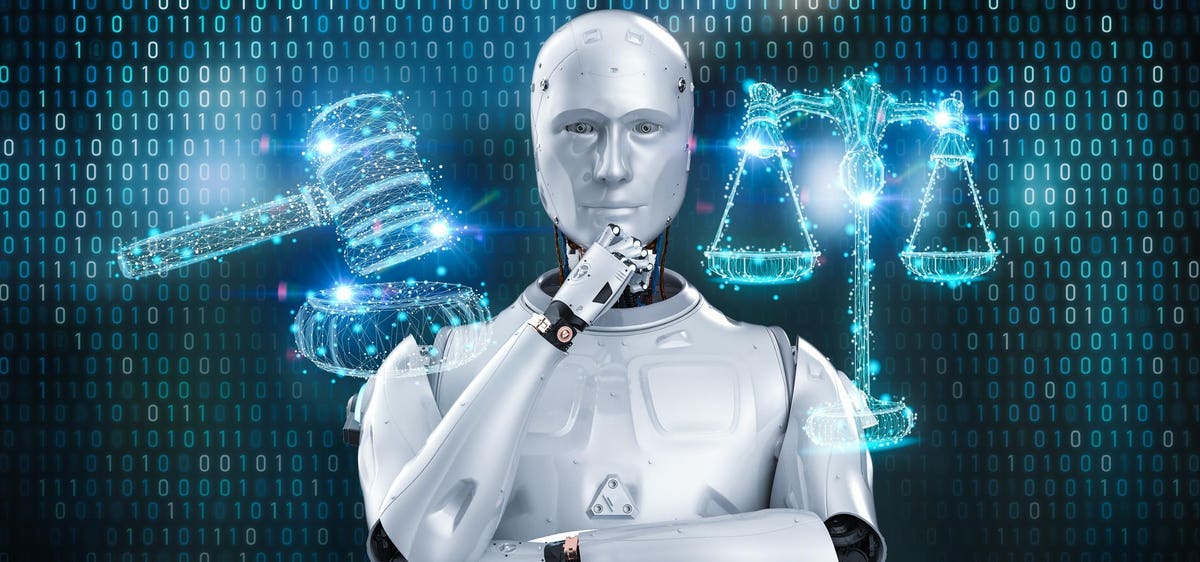Can Google Challenge OpenAI With Self-Attention Patents?

Google has recently filed a patent for a self-attention algorithm that could potentially challenge OpenAI's current language models and AI systems. The patent, titled "Machine Learning Using Self-Attention Neural Networks," was filed in April of 2021 and published in January of 2023.
Self-attention is an artificial intelligence (AI) technique that uses neural networks to identify patterns between words. It helps machines better understand context and comprehend the relationships between words. This type of technology has been used in natural language processing and machine translation.
OpenAI has been developing its own language models, such as GPT-3, which are based on self-attention. Google's patent claims to improve on OpenAI's methods by creating a system that can learn from fewer training examples. This would allow Google to more quickly develop new language models and AI applications.
Google's patent also includes details about how the technology works. It provides a method for a computer system to "determine the optimal sequence of operations for a given task" using self-attention. In addition, it outlines three distinct types of attention: local, global, and temporal.
Google's patent could pose a significant challenge to OpenAI's current language models. If Google's patent is granted, it will likely mean faster development times and improved AI performance. This could give Google a huge edge over OpenAI in the AI race.
At the same time, it is important to note that patents do not necessarily guarantee success. A successful patent requires proper implementation and use, which may take some time. Furthermore, OpenAI is highly likely to explore other options for improving its language models and AI systems.
In conclusion, Google's recent patent filing for self-attention algorithms has the potential to challenge OpenAI's dominance in the field of artificial intelligence. However, whether or not Google's patent is successful depends largely on how quickly and effectively the technology is implemented. Despite the potential risks, this patent indicates an exciting new era in AI development.
Read more here: External Link